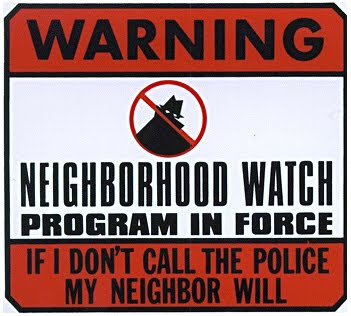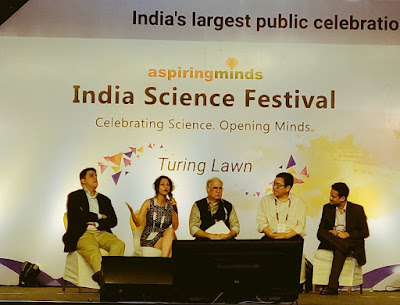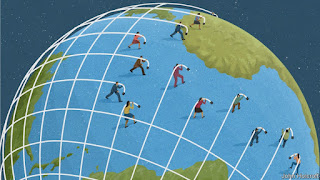Stranger in a strange land is not so alone after all!

How sentimental we can get of the good old days where you could ring the bell of your neighbor for a cup of sugar or stop the policeman to ask how his family is doing. Actually, this is the marketed nostalgia many of us have grown up with; a world of yesteryear where what is now seen as impossible was once, possible and for all probably reasons, true and genuine. We yearn for a packaged past that has been sold to us. Today, we crave community and desperately glorify city youth intermingling and dependencies as a new “urban tribe” behavior– a reassembling of family affiliations and sentiments into a more channeled and contemporary neo-familial relationship based on raw and selfish need.
Social networking sites resemble an online tribal dance. But the underling premise here is that these “old” community patterns have been reinvented on cyberspace. Yet, if you stop and think, perhaps you may struggle like myself to remember the warm sentiments and comfort of the strangers of the past; in fact, as far as I recall, we were warned against them and family served as stronger boundaries to surpass than they are now. What is also surprising to me is that strangers, professional strangers in my life who I’ve never met but have had a few exchanges through email and most importantly, who do not inhabit my quintessential cyber tribal grounds of LinkedIn and Facebook seem to, without much fuss, lend an enormous helping hand. They serve as letters of recommendation, as endorsements, as pillars of faith in my professional pursuits. I wonder how that has come to fruition? Is it perhaps our social status displayed and paraded online that comforts them into throwing their support in for good measure? Is it that cyberspace is now such familiar territory for certain professional groups, more “home” than office, allowing for family like behavior in professional settings? Or is it that one has become very savvy in personal branding, subtly reminding our professional strangers of our presence through blogs and other online thought-clutter, transforming 'us' the 'stranger,' into a familiar household name?



Comments
Post a Comment